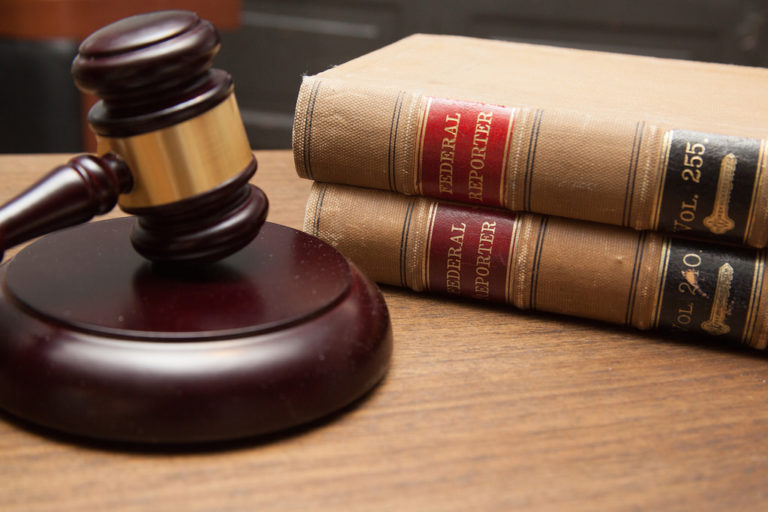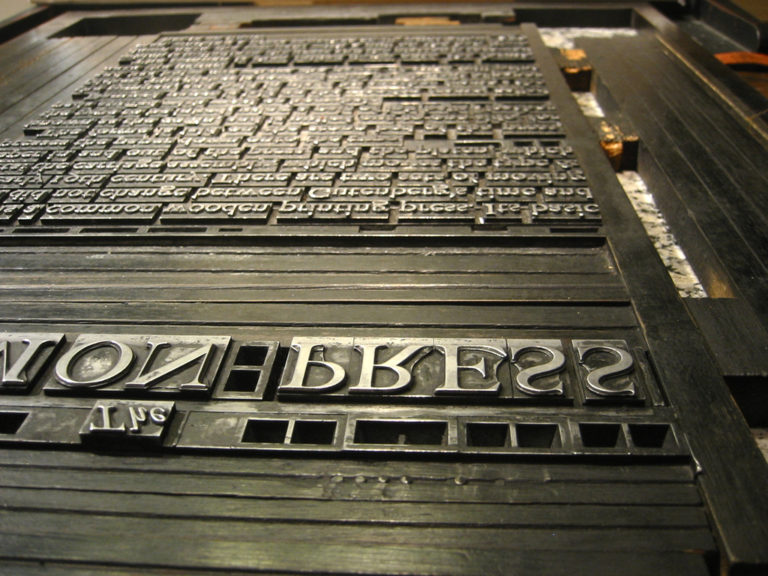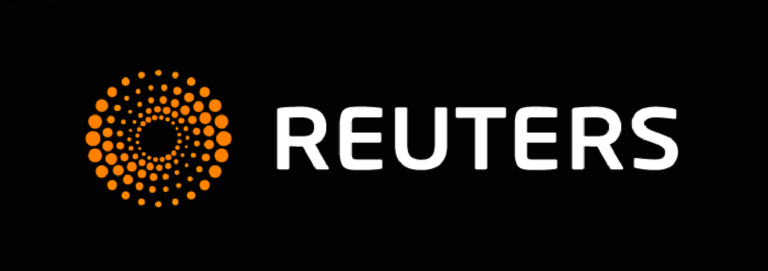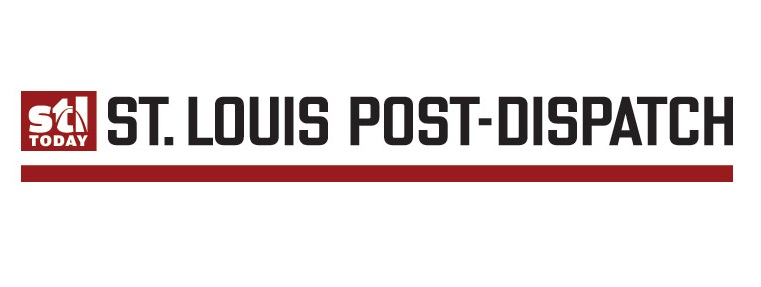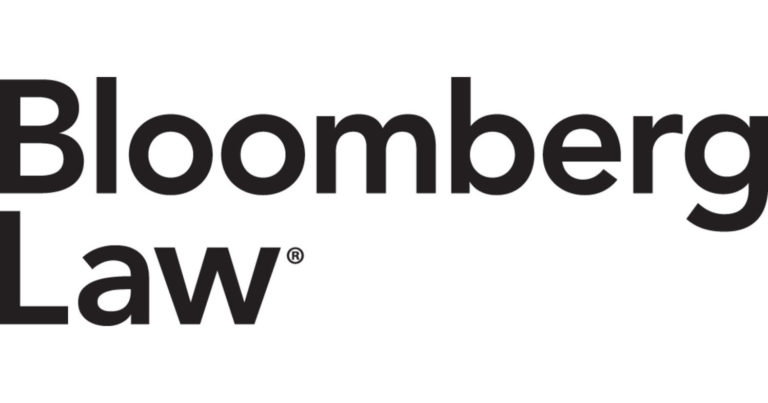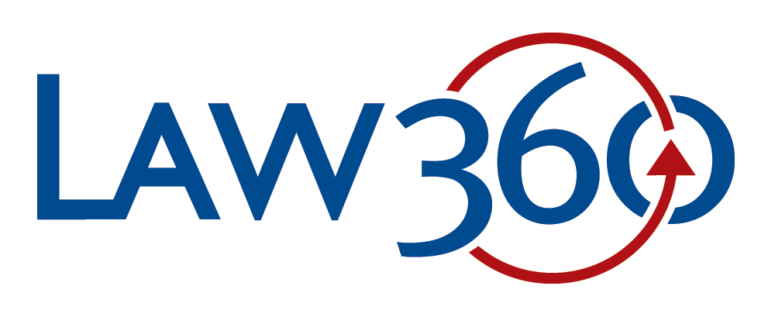Judge Tosses Glucosamine Settlement
Posner, ruling in favor of objectors in Pearson v. NBTY, outlines a series of conflicts and deceptions that any class-action lawyer worth her salt would sue over in an instant. But in this case it was the lawyers who perpetrated them, with the help of a judge who was all too willing to overlook the economic realities of the consumer class-action business.



